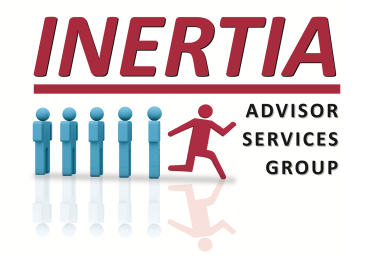A Modern Estate Plan: Protection From Estate Erosion vs. Estate Taxes
Since the Federal Estate Tax was created in 1916, American families have been doing whatever possible to mitigate or shield their estates from erosion resulting from those taxes. The Federal Estate Tax has varied in severity, with the top tax rate reaching as high as 77% in 1941.
Today, or until Congress changes it, Americans have an exemption of more than $13 million individually or more than $27 million for a couple, so the Estate Tax will only affect the very wealthy. In fact, an argument could be made that the cost of long-term care has become the new estate tax for the middle-class and mass affluent, with the average annual cost of a private nursing home room now over $105,000, and even home care averaging over $63,000 per year for just 40 hours a week1.
It's time to recognize that Healthcare In Retirement and Long-Term Care pose a far greater risk of estate erosion for most Americans than any estate tax ever will — and this pseudo-tax can reach into the pockets of even those with the most modest estates. As such, addressing Healthcare In Retirement and Long-Term Care planning should be the focus of A Modern Estate Plan.
Estate Erosion Due To Healthcare Expenses
With an aging population, more Americans than ever are seeing and feeling the impact of healthcare. They don't die—they linger. Your clients are seeing parents, friends, and loved ones with a financial burden associated with Alzheimer's, dementia, or some other chronic condition, which is excluded by Medicare.
While those are the big-ticket items, most of your clients are concerned about basic healthcare expenses, which Fidelity estimates may cost the typical couple an average of $315,000 throughout retirement. So, it's no wonder that Boomers rank healthcare expenses as their top financial worry in retirement, according to Merrill Lynch and AgeWave Consulting. That's especially true when considering that Americans over age 65 now face a 145% increase in Alzheimer's-related mortality since 20002, making a care event not just likely — but long-lasting, expensive, and estate-eroding. Perhaps there's a better approach?
A Modern Estate Plan At Work
We consistently encourage advisors to engage clients to discuss their concerns and stress the reality that there is likely a better strategy. During those discussions, a simple, pointed question should be asked:
"When you need care excluded by Medicare or health insurance, which of your accounts or what assets would you tap first to pay for that care?"
The answer will indicate how efficiently and effectively to create a plan, as well as the potential to reposition assets or income to fund the optimal strategy. Not only can the plan help protect your clients from estate erosion due to healthcare expenses, but quite often, a simple repositioning of assets can create a substantial plan with ZERO out-of-pocket cost. Should the plan never be used to pay for care, your client's heirs may receive a death benefit.
Appropriately presented, there is an easy path to moving forward once you recognize that times have changed with the evolution of Long-Term Care Planning, and you can explain this straightforward truth to clients:
While the Federal estate tax is a legitimate concern for a few, estate erosion from healthcare costs affects everyone. And unlike taxes, care events don't come with exemptions, deductions, or predictable timing. That's why A Modern Estate Plan must include a Long-Term Care Strategy — because lingering can take a greater physical, emotional, and financial toll than death itself.
1 - Nationwide Cost of Care: https://nationwidefinancialltcmap.hvsfinancial.com/#
2 - Alzheimer's Association, 2023 Facts & Figures
20250428

